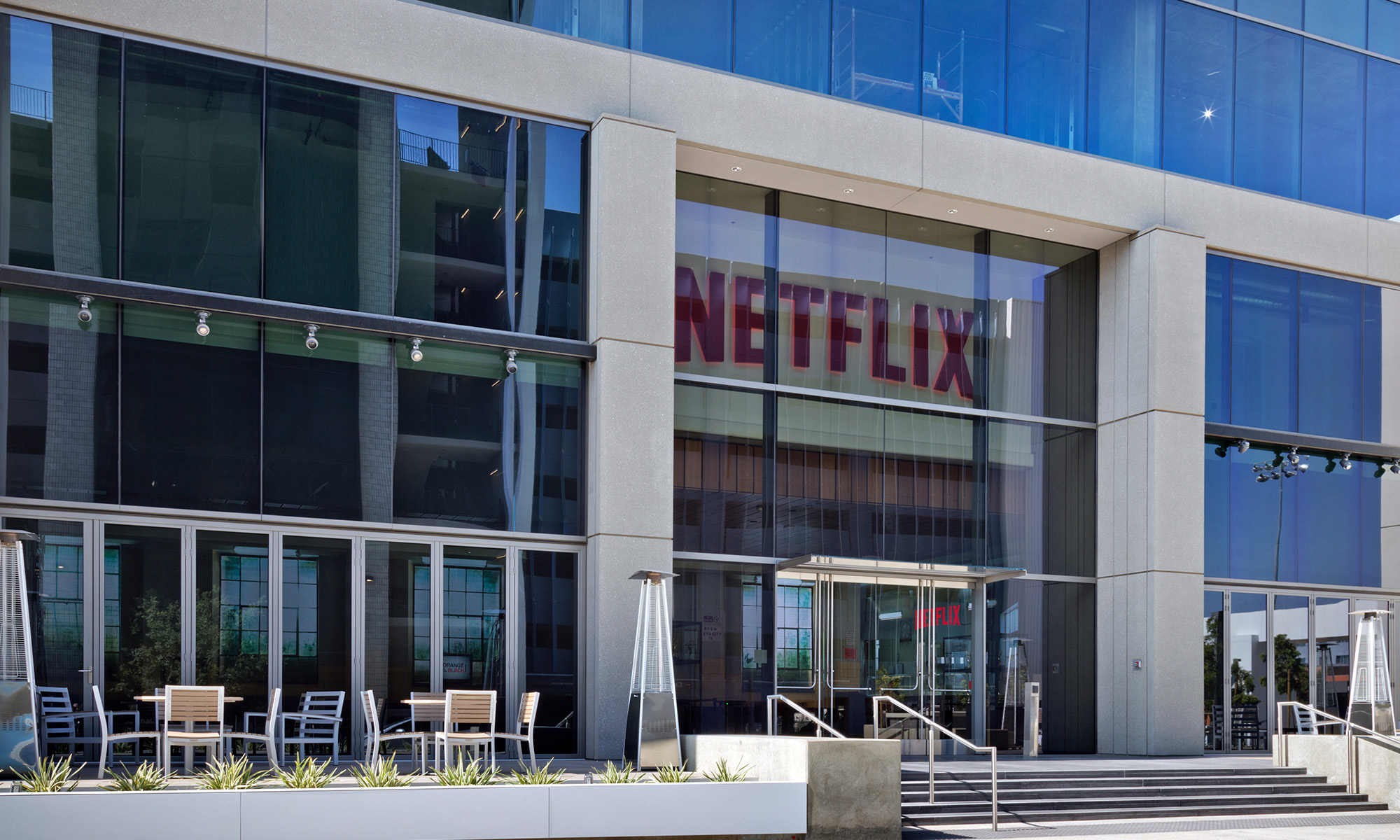Netflix (NFLX 0.39%) suffered a serious outage on Christmas Eve. The timing was terrible: American families like to settle down in front of holiday classics on the night before Christmas, and Netflix is a rich source of these catalog classics. So when the streaming service froze up for 12 hours across the Americas on this extremely important night, many thought the company and stock would surely suffer the consequences. Fellow Fool Rick Munarriz suggests that the episode would be grounds for divorce between Netflix and the cloud-based Amazon.com (AMZN +2.52%) infrastructure at the heart of this outage.
But instead, Netflix shares merely hesitated before jumping as much as 3%. And this happened on a gloomy market day when tech stocks fell harder than most. If anything, Amazon was left to carry the can -- the e-tailer plunged 3.6%.
This surge would have been unthinkable a year ago, when the wounds of the Qwikster failure were still fresh in the minds of Netflix investors. Forgiving the company's sins also seemed crazy this summer, when myopic bottom-line concerns about a rapid global expansion plan washed over the long-term benefits of massive growth.
So what's different this time?
It's hard to tell. Media coverage of the outage was certainly negative enough. Reuters, for one, made it sound like Netflix broke its own service and then Amazon simply made a convenient scapegoat.
Perhaps it's a sigh of relief that the problem didn't last into Christmas Day. The company line leaned in that direction: "We are happy that people opening gifts of Netflix or Netflix capable devices can watch TV shows and movies and apologize for any inconvenience caused last night." Waves of returns or complaints would have been terrible news. That's one huge bullet dodged, Matrix-style.
Or maybe investors and consumers alike realized that this could happen to anybody, and wasn't really a Netflix-specific tragedy. The core of the outage was traced back to Amazon's load balancing system, which usually helps Netflix and other customers avoid network outages. But when this crucial service goes down, there's no easy way to route around the problem. And Amazon really should take better care of its load balancers.
I'm probably giving common investors far too much credit for technical insight here. Perhaps it's just that Netflix has healed its fragile image from the Qwikster thing, well enough to overcome a blip like this one.








